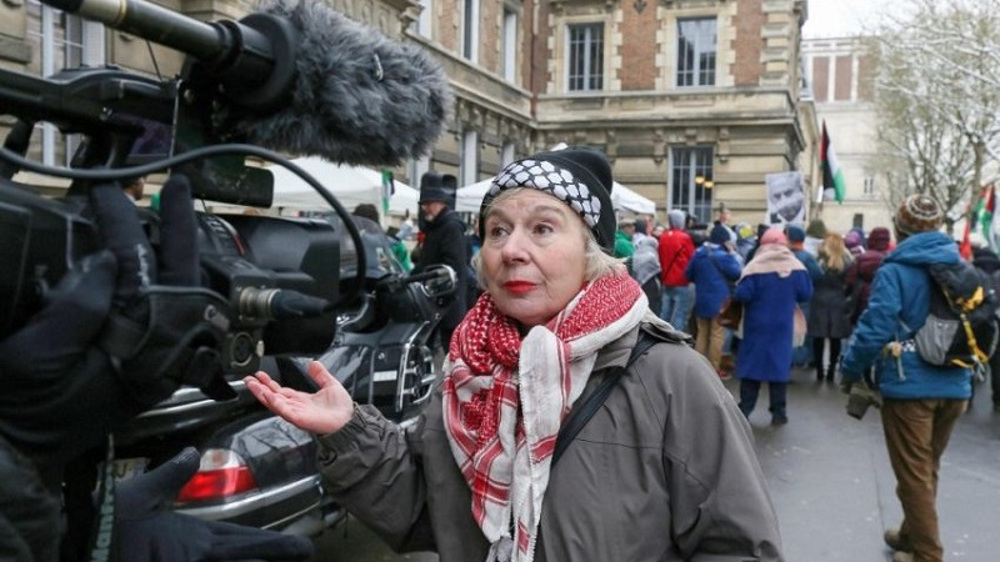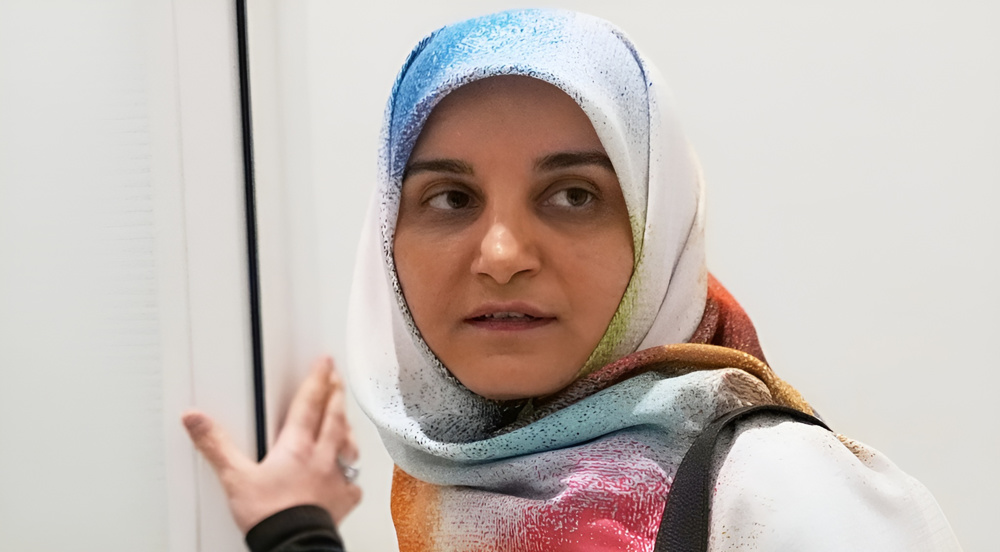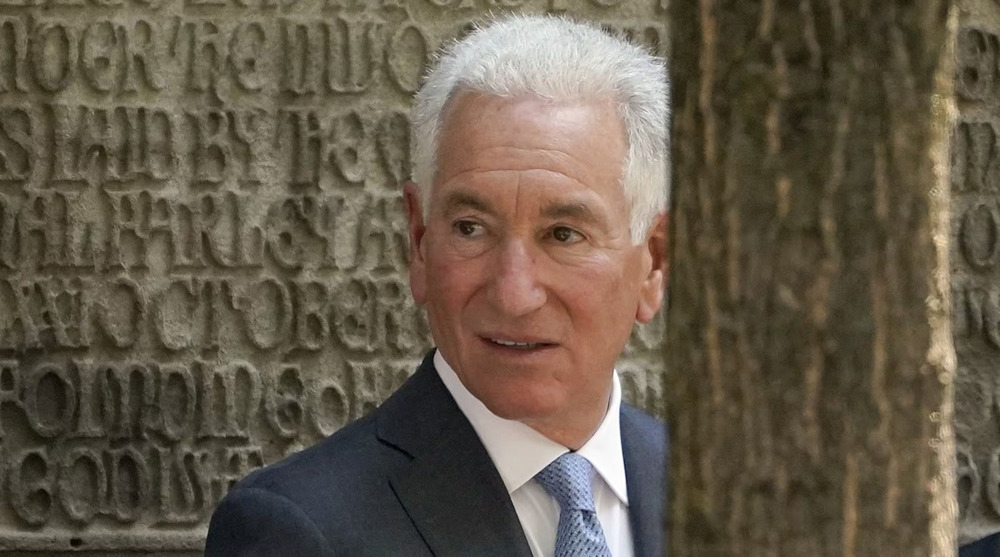French police routinely use excessive force against refugees in Calais: HRW
Human Rights Watch (HRW) says police in France “routinely” use excessive force against the refugees, including children, in the northern town of Calais.
In a report entitled “Like Living in Hell,” the rights group said on Wednesday that police “routinely” abused hundreds of refugees in Calais to press them to leave the port town, from which they hope to make it to the United Kingdom.
The 40-page report, which was written based on interviews with some 60 refugees in the area, said police used pepper spray on refugees, both adults and children, while they were sleeping.

Riot police regularly confiscated the refugees’ sleeping bags and clothing, and sometimes destroyed their food and water, according to the report.
“If they catch us when we are sleeping, they will spray us and take all of our stuff,” said a 17-year-old refugee. “Every two or three days, they do this. They’ll come and take our blankets.”
HRW said, “Such acts violate the prohibition on inhuman and degrading treatment as well as international standards on police conduct.”
It also called on French authorities “to immediately and unequivocally direct police to adhere to international standards on the use of force and to refrain from conduct that interferes with aid delivery.”
Back in October last year, French authorities completely demolished a camp near the Channel Tunnel, the undersea passage into the UK. The camp was being referred to as “the jungle.”
“Since they destroyed the Calais camp last year, there is no place to sleep or eat. It’s like living in hell,” the report quoted an Ethiopian national as saying.
As many as 10,000 people were living in appalling conditions in tents and temporary shelters in the camp before they were evicted. The government resettled them in centers throughout the country, where their applications for asylum in the UK and France were expected to be processed.

Refugees, however, are still returning to the area to find a way to continue their journey to Britain. Aid agencies and government officials say there are currently as many as 600 refugees in the area and more people are still arriving.
Mostly hailing from Eritrea, Ethiopia, and Afghanistan, the refugees are living on the streets and in wooded areas in and around the town. At least 200 of them are unaccompanied children.
President Emmanuel Macron pledged last month that refugees would be treated humanely in the area.
A local court then ordered authorities to provide drinking water, toilets, and showers to the people and to allow charities to hand out meals. At the same time, however, it upheld government decisions to deploy extra riot police and not to build a new reception center.
Pro-military Israeli journalist detained on suspicion of raping child: Reports
Anthropic resists US War Department push for unrestricted AI access
Iran naval unit returns from drill, cmdr. vows to defend borders to ‘last breath’
VIDEO | Press TV's news headlines
Paris silencing pro-Palestine voices
Iran raises alarm at ‘environmental consequences’ of US militarism
Iran: UN Security Council inaction on Israeli crimes ‘catastrophic’
Report: US intel debunks Trump's claim of Iran working on ICBMs













 This makes it easy to access the Press TV website
This makes it easy to access the Press TV website